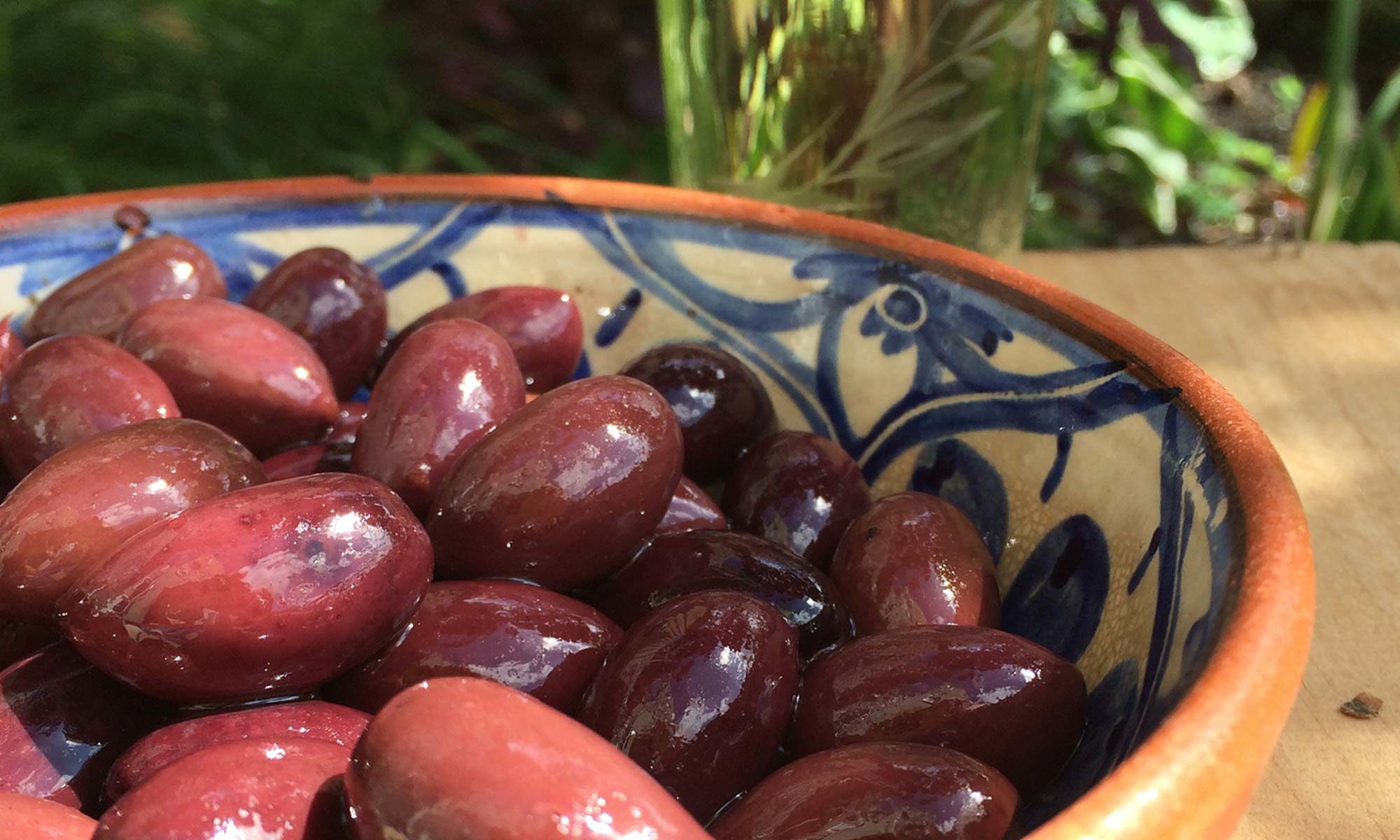Fascinating recent research shows that olives and their oil are one of nature’s more potent sources of antibiotics, as well as being anti-viral and anti-fungal. This means that enjoying them daily can help keep us free from infection. Is there anything not to like about that?
One of the most powerful compounds found in olives and their oil is a plant chemical called oleuropein, which can be even more effective than some medicinal drugs. Oleuropein can work in several ways to keep pathogens at bay:
- it reduces harmful bacteria in our digestive tracts such as Listeria and Salmonella. 1
- it destroys Helicobacter pylori, a common pathogen linked with stomach ulcers and gastric cancer. H. Pylori is notoriously hard to treat with antibiotics due to antibiotic resistance. 2
- it inhibits colonisation of bacteria linked with atopic dermatitis. 3
- it blocks entry of HIV into body cells. 4
- it inhibits viruses including herpes, rotavirus, feline leukaemia and the influenza virus. 5
- it fights Candida albicans, the fungus responsible for thrush and systemic candida. 6
Oleuropein does not stop there. It also has antioxidant, anti-inflammatory, anti-cancer and anti-atherogenic effects, which work synergistically to keep us healthy. 6 It is even thought to help prevent skin cancer when applied directly to the skin. 7 And olives contain other disease-preventing compounds too, such as elenolic acid, which has been found to have stronger anti-microbial activity even than some commercial disinfectants.
A great way to get the benefits of olives and their oil is to add olives to salads and cooking or to eat them as a pre-dinner snack instead of crisps. You can also use salad dressing made with extra-virgin olive oil mixed with vinegar, which itself has anti-pathogenic activity. Mix it with your salads and steamed vegetables; or you can use raw olive oil on its own for dipping and drizzling. Bear in mind the benefits of the ‘drip drip’ effect: eating olives and olive oil regularly over a long period will be more effective than using them only occasionally.
Whilst I would recommend always seeking professional help if you have an infection, bear in mind also the value of olives and their oil as preventive medicine which does not have the side-effects of pharmaceutical drugs.
By writer and nutritionist Sally Beare
References
- Medina E (2007). Antimicrobial activity of olive oil, vinegar, and various beverages against foodborne pathogens. J Food Prot. 70(5):1194-9.
- Romero C et al (2007). In vitro activity of olive oil polyphenols against Helicobacter pylori. J Agric Food Chem. 55(3):680-6.
. - Verallo-Rowell VM1, Dillague KM, Syah-Tjundawan BS (2008). Novel antibacterial and emollient effects of coconut and virgin olive oils in adult atopic dermatitis. Dermatitis. 19(6):308-15.
- Bao, J et al (2007). Computational study of bindings of olive leaf extract (OLE) to HIV-1 fusion protein gp41. FEBS Letters 581(14):2737-2742.
- Omar, SH (2010). Oleuropein in Olive and its Pharmacological Effects. Sci Pharm 78(2): 133–154.
- Goel, Nidhi (2016). Antifungal Activity of Cinnamon Oil and Olive Oil against Candida Spp. Isolated from Blood Stream Infections. J Clin Diagnostic Research 10(8):DC09-DC11.
- Omar, SH (2010). Oleuropein in Olive and its Pharmacological Effects. Sci Pharm 78(2): 133–154.
- ibid.

